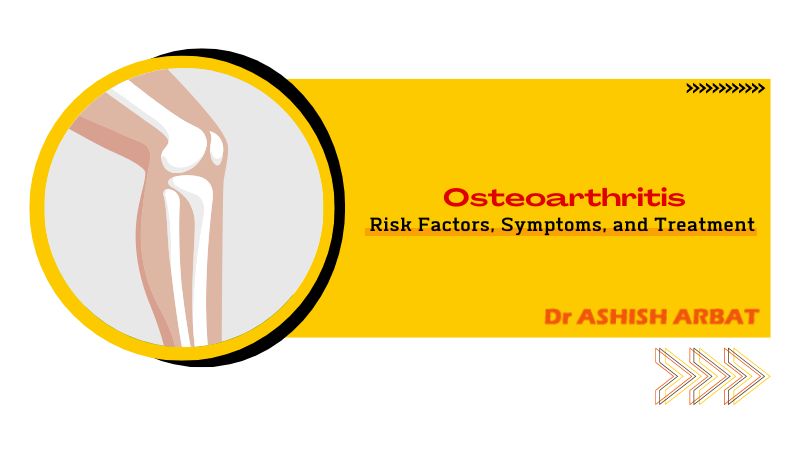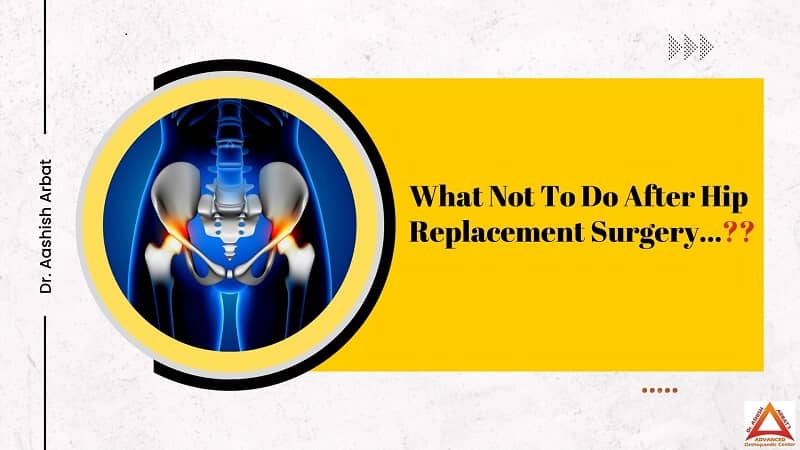Usually cases of “Delaying Knee Replacement Surgery” emerges because of the patient fear and misinformation. According to Medical Researchers, Fear of the unknown, fear of surgery, fear of the post-up surgery pain, fear of losing a body part and fear that they will end up worse than they started leads to the tendency of delaying knee replacement surgery… However, all these fears are baseless in real terms… Since, as a matter of fact, delaying knee replacement surgery leads to numerous dangerous issues in the body… Issues like… joint deterioration, increased pain and lack of mobility. In detail about the risks of delaying knee replacement surgery, we will be discussing below… However, before that, you need to understand one should never delay in his/her respective knee replacement surgery… once onto being prescribed by surgery. Reason behind our this suggestion is the fact that before prescribing surgery, every surgeon first attempt several less invasive, non-surgical methods (such as: anti-inflammatory medications, glucosamine, cortisone injections & physical therapy). In case when none of these work out or if the patient get sedentary because of the joint pain… the knee replacement surgery is recommended. OK… so from this discussion, it gets clear when the knee replacement surgery is recommended… chances are high that it’s the only option left and this is the reason one should not reconsider whether to go for surgery or not. It’s the time one should without any else consultation, go for the surgery. Now time for the topic, we are here… risks involve in delaying knee replacement surgery… So, here we go… Risks of Delaying Knee Replacement Surgery Damaged Bones and Joints The longer the patient would wait… the more wear and tear of tissues will occur around the knee. Because of this, actually what happen is… bones at the joint grind against each other instead of moving smoothly. This ultimately leads to further damage, reaching the bone… along with the increased pain. Constant Pain Management Not treating knee with time requires more pain medication and relief. Severe pain do affects the life quality, forbidding mobility and fitness. This ultimately affects the person’s overall health. Risk of Injury Because of inappropriate movement and restricted mobility, one could increase the risk of posing damage to other knee as well. This is due to the constant pressure onto the well knee. Surgical Complications The longer one would wait, the more the extend of damage sustained increases. Ultimately, making the surgery more complex and longer to perform. Surrounding Muscle and Tissue Weakens Limited mobility, increased pressure and constant inflammation forbid appropriate movements… ultimately weakening the muscle. The more pain one would feel, the lesser he/she will move. This ultimately leads to muscles degradation, making the leg more and more vulnerable. Bad Posture As the pain and discomfort increases, the posture get affected on huge extend. Bad posture leads to pain in other parts of the body. Increased Recovery Time The older one get, the more time body starts taking to heal and adjust. Hence, increasing the knee replacement recovery time frame. So, here finally ends up… risks of delaying knee replacement surgery. Now one term associated with this topic is very common amongst people… i.e., the truth about knee replacement surgery. Hence, here discussing that… The Truth About Knee Replacement Surgery Knee Replacement surgery do provide pain relief, enhance mobility and furnish the patient with a better quality life. Knee Replacement surgery is expected to last more than 15 years. People who undergo this knee replacement surgery can perform their normal daily routine activities comfortable after a certain period of time. Moreover, about this knee replacement surgery, there is a myth that after this particular surgery, it becomes highly difficult for the patient to bend. However, this is absolutely not true. As a matter of fact, the bendability do depends mainly onto the quality of the surgery. The prosthesis used and the post-operative rehabilitation. Numerous prosthesis do allow the same range of movements as the normal joint. Further, About knee replacement surgery, there is a myth that after this surgery, driving gets highly difficult. However, that’s not the truth. As a matter that, driving is even easier after surgery. Infact, most of the people start driving within 6-8 weeks of surgery. Advantages and Disadvantages of Knee Replacement Surgery Advantages (Pros) of Knee Replacement Surgery Reduction in arthritis pain… Increased mobility Improvement in social functioning, joint stiffness & vitality You can use your knee freely again Disadvantages of Knee Replacement Surgery include: Knee replacement surgery often leads to blood clotting… and this can ultimately lead to life-threatening diseases. Infection at the incision site. Osteolysis… an infection and destruction of bone, caused by microscopic plastic particles from the prosthetic knee. Stiffness from the scar tissue, forming over the knee after surgery. Here ends up advantages and disadvantages of knee replacement surgery… Now FAQ time… in this section, we will be dealing common queries… associated with topic: risks of delaying knee replacement surgery… FAQ (Do I Need Knee Surgery Quiz?) What is the best time of year to have knee replacement? Spring and early fall have been considered as the best time of year to have knee replacement surgery. How long can I put off knee replacement? One can postpone his/her surgery for 6 to 12 months… as can get one or more cortisone or hyaluronic acid injections to decrease his or her knee pain. How to get pain relief while waiting for knee replacement? Make use of a heat pad or hot water bottle. Or alternatively you can use ice pad or cold compress Or you can go for self-messaging to stretch and ease tighten your muscles. Some people uses a foam roller to relieve stiffness and tension. Dr. Aashish Arbat – Best Knee Replacement Doctor in Pune, Maharashtra, India Dr. Aashish Arbat (MBBS, MS , MCh , RCS) an internationally acclaimed joint replacement surgeon is the best knee replacement surgeon in Pune, Maharashtra, India. He is amongst the few surgeons specialized for tissue











